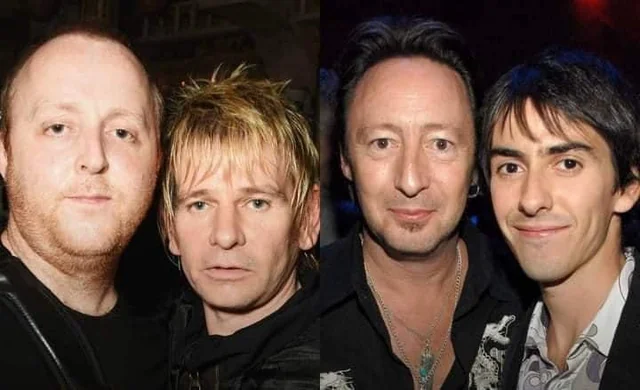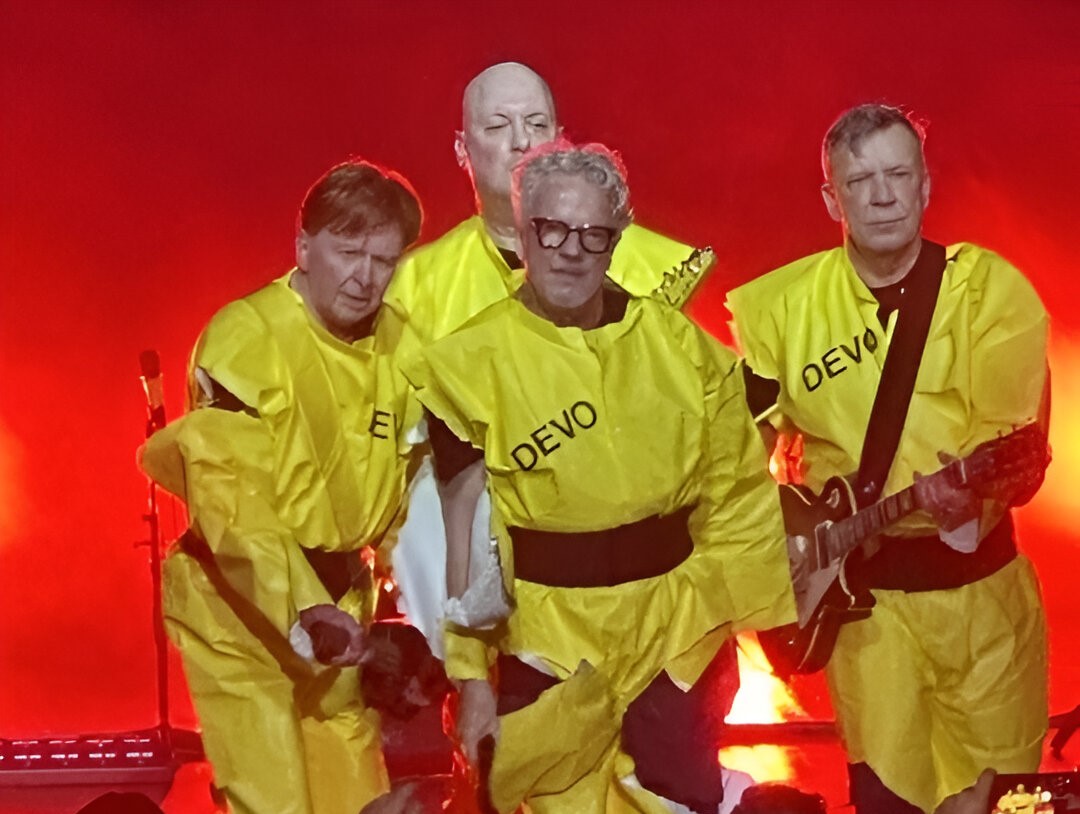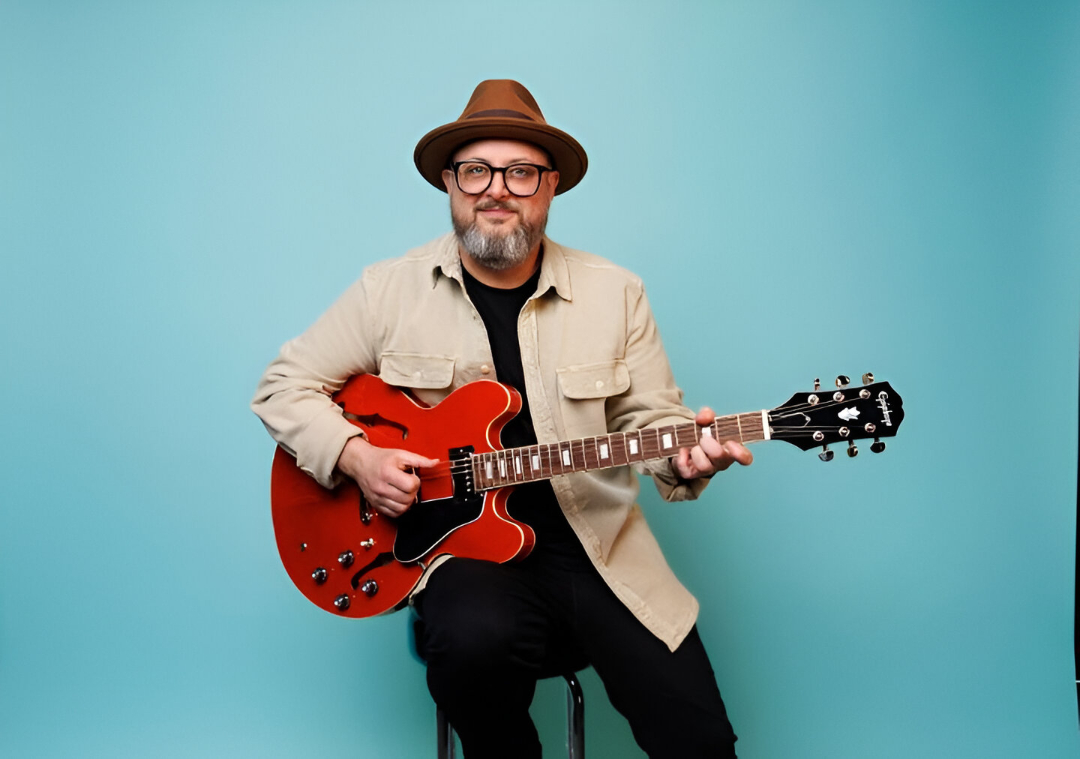The weight of musical inheritance rarely produces anything authentic. Yet when Zak Starkey‘s Instagram teased a snippet of three Beatles’ sons collaborating, the internet held its breath—like waiting for your Spotify Wrapped to drop.
“Rip Off” isn’t the inevitable Beatles reunion everyone wrote off. It’s something more interesting—a Mantra of the Cosmos track that happens to feature James McCartney and Sean Ono Lennon as vocalists. Starkey made this distinction crystal clear in recent interviews, deflecting comparisons to his father’s legendary band.
The track itself carries unexpected George Harrison influences despite none of the collaborators being his son. This speaks to something deeper about how musical DNA transmits across generations—not through blood, but through absorbed atmospheres and childhood soundtrack memories. While documentaries like “1964” celebrate the Beatles’ groundbreaking US arrival as frozen history, their sons prove musical evolution happens through osmosis rather than obligation.
The Sound That Surprised Everyone
Early listeners describe “Rip Off” as reflective and nostalgic, with chanting about Buddha that recalls the Beatles’ psychedelic explorations. But strip away the heritage marketing, and you’re left with three accomplished musicians who’ve spent decades escaping their fathers’ shadows.
McCartney brings his indie sensibilities from recent releases like “The Light Within.” He’s previously stated his goal is “making music that stands on its own merit, not just because of my last name.” Lennon contributes his experimental edge honed through solo work and genre-blending collaborations, once noting that “the best way to honor musical legacy is to transform it.”
Legacy Without the Burden
What makes this collaboration work is what the artists refuse to do—recreate 1967. Instead, they’re processing their inherited musical language through contemporary filters, creating something new that acknowledges the past without being imprisoned by it.
The absence of Dhani Harrison actually strengthens the project’s authenticity. Three voices feel intentional rather than completionism, suggesting organic collaboration over manufactured reunion.
Beyond the Bloodline
“Rip Off” succeeds because it sidesteps nostalgia tourism. These artists understand that carrying forward a legacy means transforming it, not preserving it in amber. Unlike Elton John’s recent tearful admission about fearing his musical legacy won’t endure, these Beatles’ sons actively reshape their inheritance rather than worry about preserving it. The track’s spiritual elements and modern production create space for the Beatles’ influence without demanding resurrection.
Your streaming algorithm might suggest this based on your Beatles listening history. But approach it as you would any new rock collaboration—curious about the music, not the mythology.

























